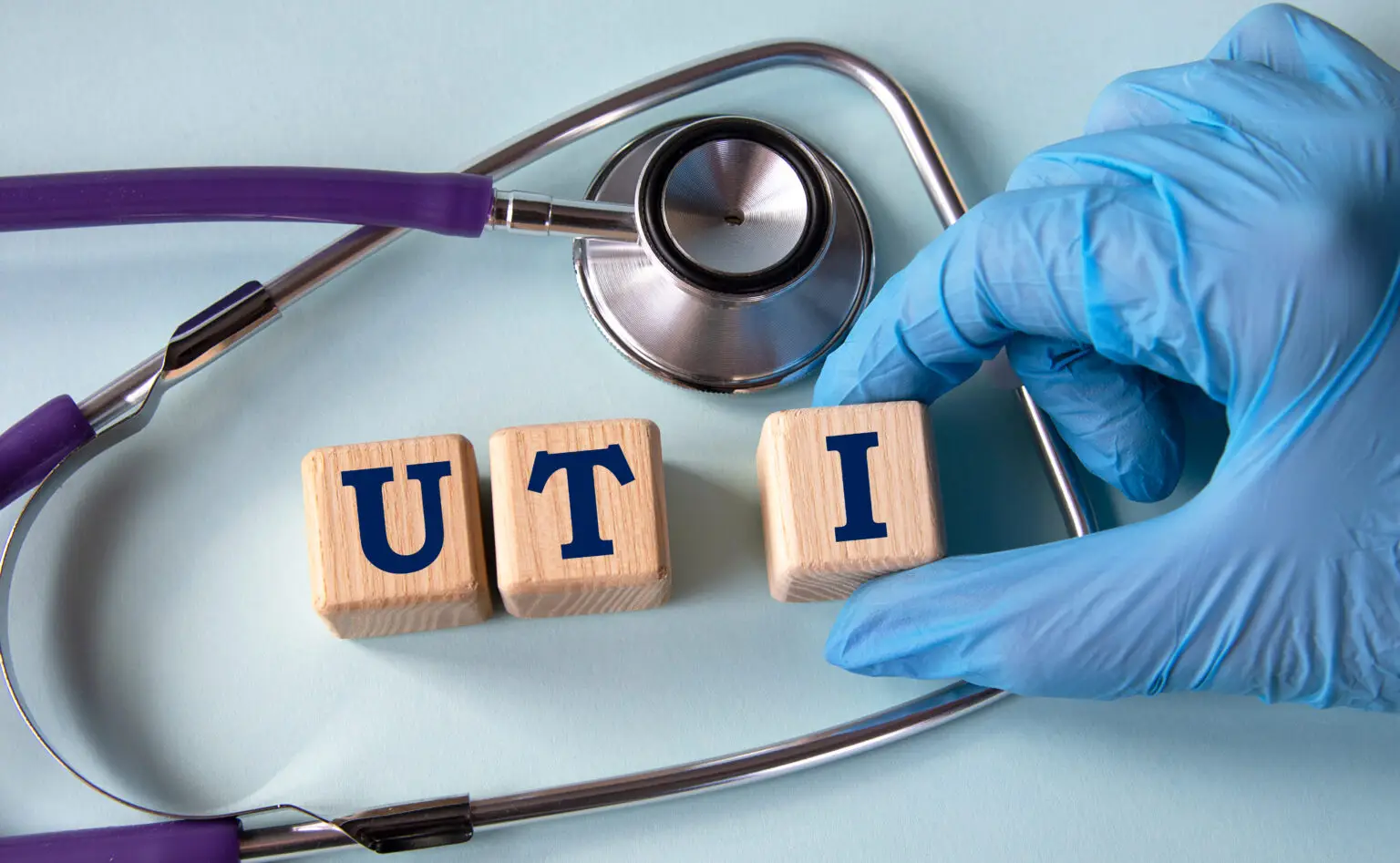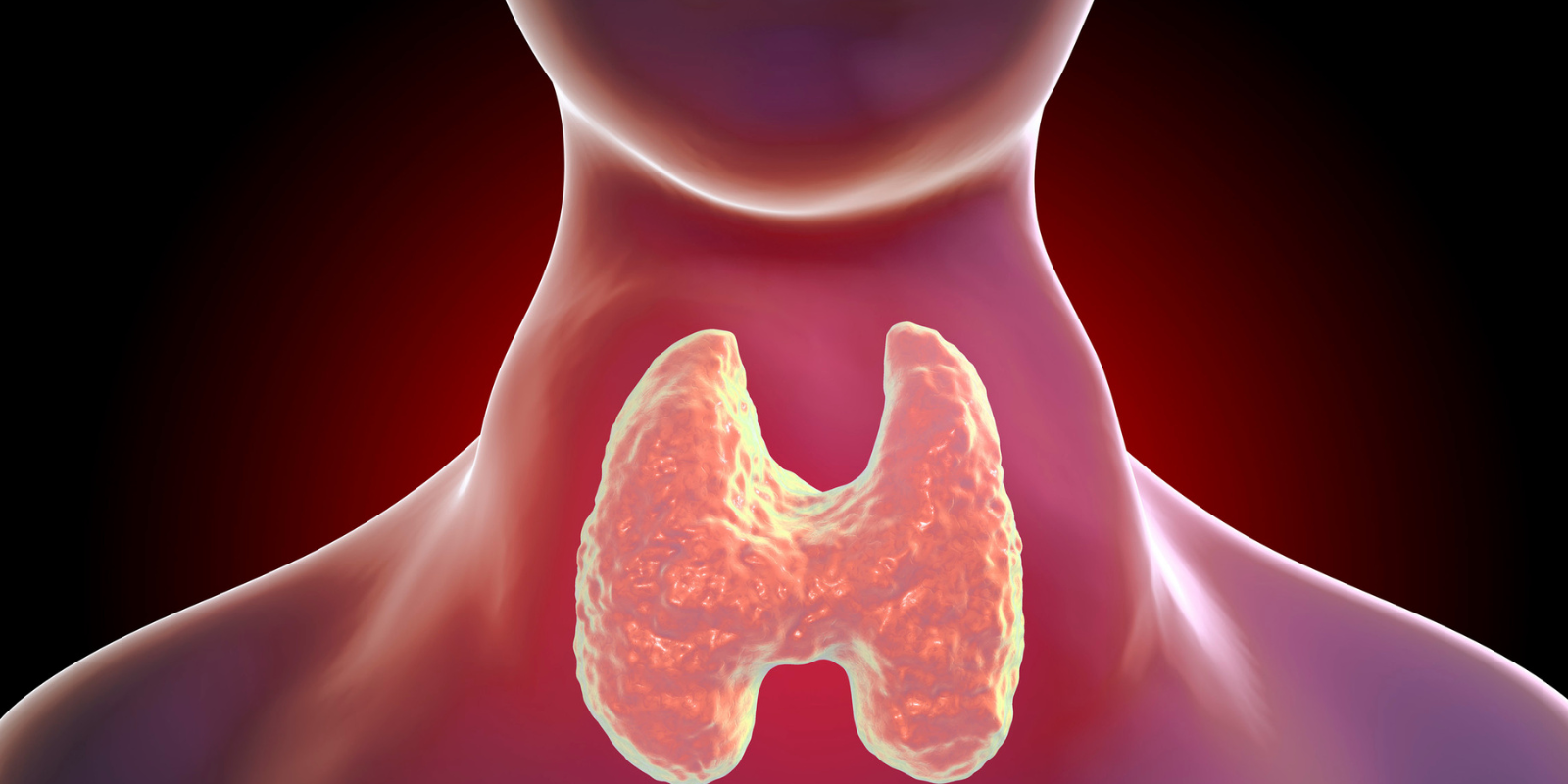Have you ever tripped while you grabbed something heavy and then wondered, “Am I losing my bone strength?” The fact is, the strength of your body is dependent on your diet. The right food choices make your bones dense, resilient, and strong. In this article, we will learn about the best foods for your strong and healthy bones.

Bones constantly renew and repair themselves. Some foods supply naturally what the bones need, while others block the absorption of essential nutrients into the bones or promote the loss of bones. Combining healthy food with lifestyle practices (sun exposure and exercise) works well rather than relying solely on superfoods.
Top Foods for Strong and Healthy Bones
Here are foods which are your bone-strength allies, and you can eat them regularly for strong bones:
1. Fermented Milk and Dairy Products
These are rich in many nutrients, essential for bone health, such as calcium, vitamin D, phosphorus, potassium and probiotics.
- Milk: One glass of regular cow or goat milk offers a lot of what bones need.
- Cheese: Parmesan, cheddar cheese, eaten in moderation, provide calcium and helps with the mineralisation of bones.
- Yoghurt: Fermented yoghurt is the best option for calcium intake. It also improves digestion.
- Lassi/Buttermilk: Fermented milk drinks are rich in calcium and also helpful for your gut.
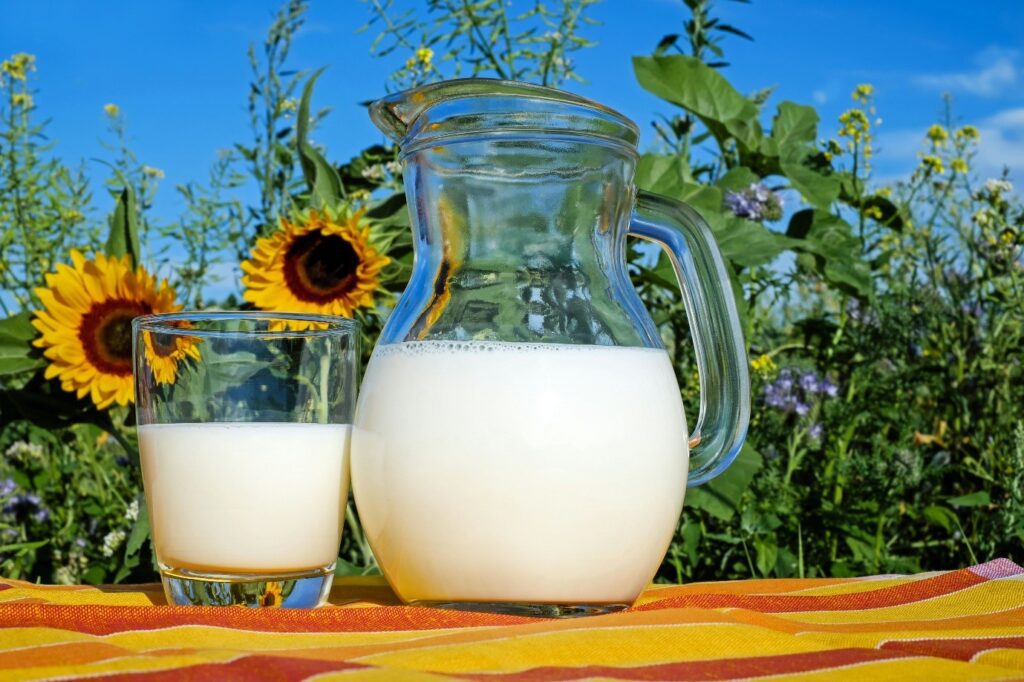
2. Vegetables
Leafy green vegetables are a good source of calcium, magnesium and vitamin K. These nutrients help to make your bones strong and dense. Calcium builds strong bones. Magnesium enhances bone quality and also helps in the absorption of calcium into the bones. Vitamin K reduces the risk of osteoporosis. The best vegetable options are:
- Kale, bok choy, and broccoli are the strong picks
- Local greens such as fenugreek, mustard greens, amaranth, and drumstick leaves.
- Spinach paired with vitamin-C-rich foods.
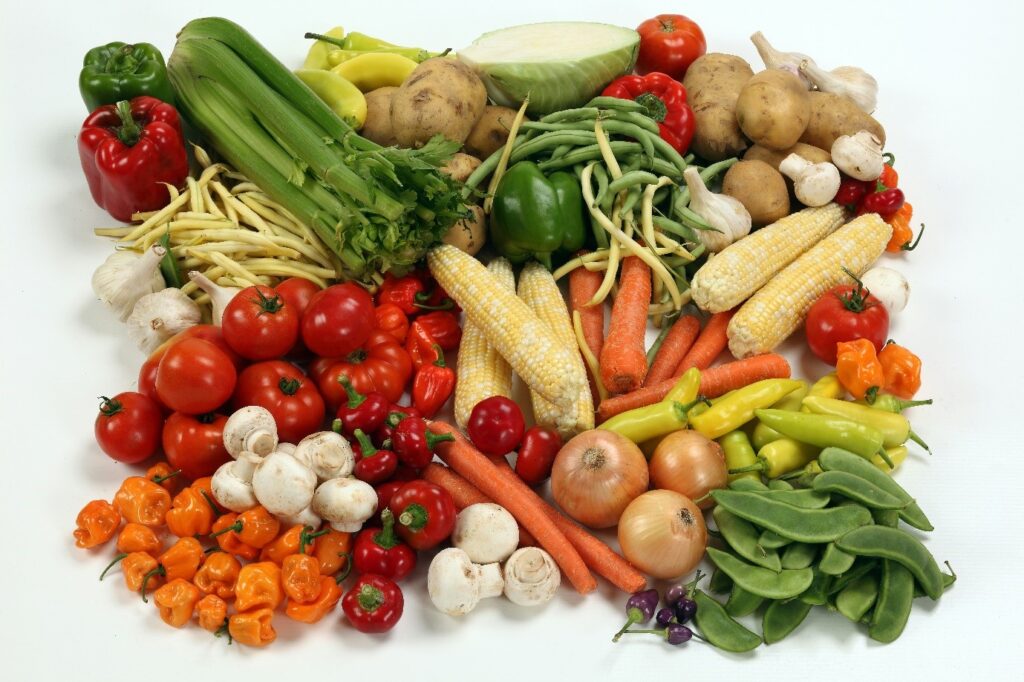
3. Fatty Fish and Small Fish with Edible Bones
Fish is rich in calcium and omega-3 fatty acids. Both nutrients make your bones strong and healthy by working together. Fish also contain vitamin D, which helps in the absorption of calcium into the bones.
- Salmon: The fatty salmon is a good source of vitamin D.
- Sardines: The canned sardines with edible bones provide the calcium necessary for healthy and dense bones.
- Tuna, Mackerel: Small, regular servings make bones resilient.

4. Seeds and Nuts
Seeds and nuts are rich in various essential nutrients helpful for strong and healthy bones. The nutrients include calcium, magnesium, phosphorus, and manganese. They also contain omega-3 and vitamin K.
- Pumpkin seeds, flaxseeds, and chia seeds: They’re good-to-go snacks and can be consumed for breakfast.
- Sesame seeds: The white and black sesame seeds can be sprinkled on flatbreads or used in sweets.
- Poppy seeds: Can be added to some cuisines. They are high in minerals, which help to make the bones strong.
- Walnuts, almonds, and cashews: They can be eaten raw, roasted, or in dishes.
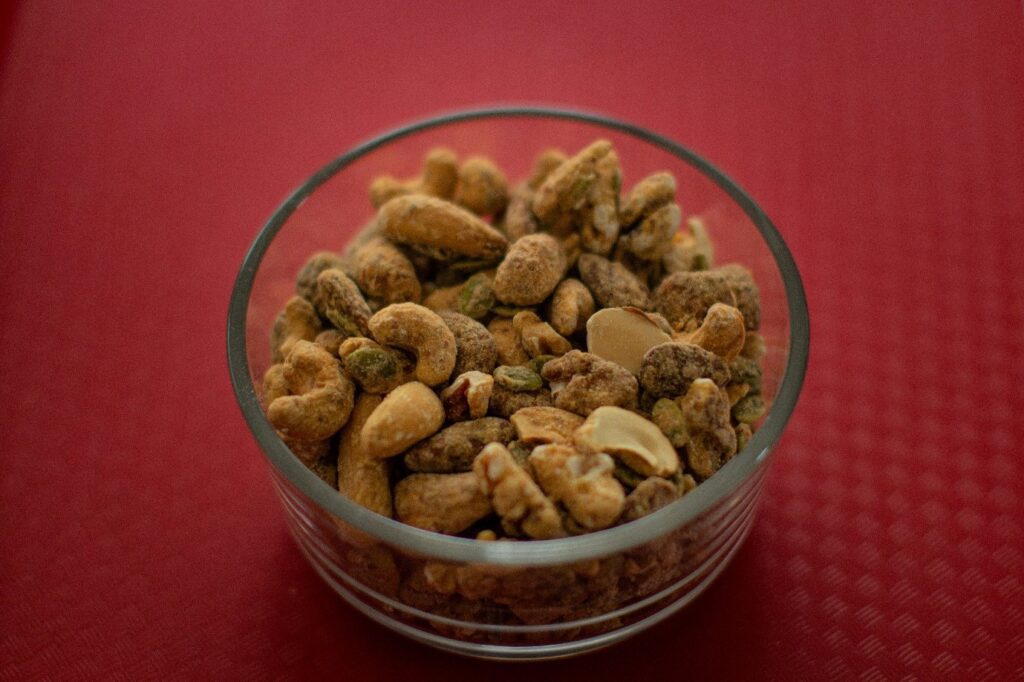
5. Pulses, Legumes, and Soy Products
They are a good source of calcium and protein. Calcium is an essential nutrient for building strong bones, and protein is a component of bone tissue. They also provide magnesium, which helps in bone mineralisation.
- Legumes and Pulses: Kidney beans, black beans, chickpeas, and lentils.
- Soy Products: Tempeh, edamame, soy milk, and tofu.
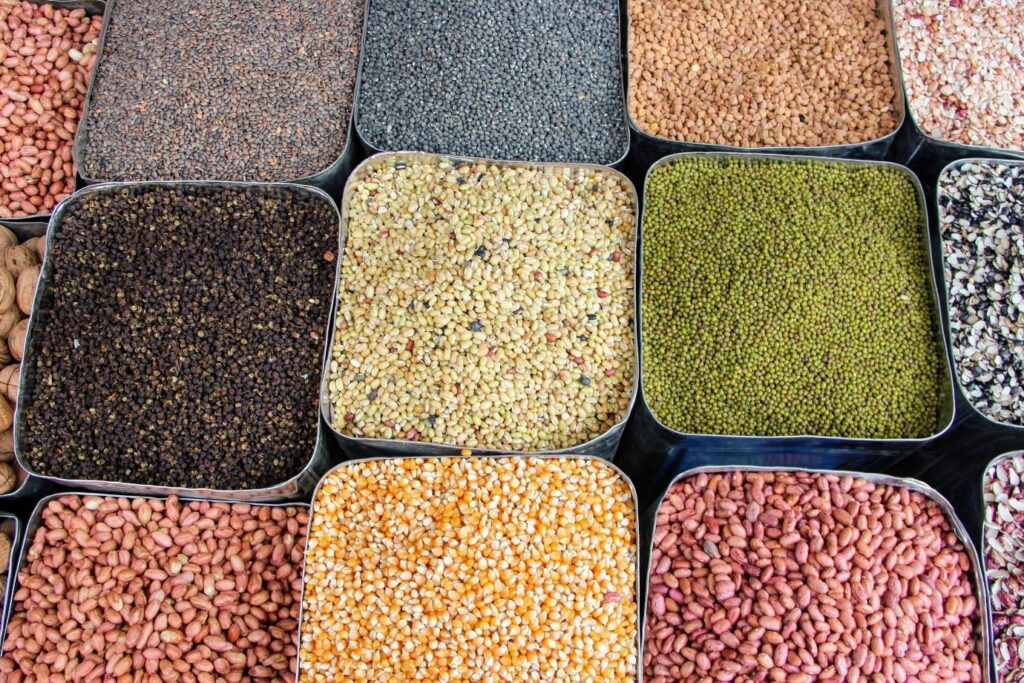
6. Fruits
Fruits contain essential nutrients such as calcium, Vitamin K, potassium and magnesium for bone strength and growth. They support collagen production, bone mineralisation, and build bone structure.
- Berries, guava, and citrus fruits like oranges and lemons contain Vitamin C, which helps in collagen production.
- Prunes, dried plums, papaya, mango, and bananas contain nutrients that are helpful for bone strength.
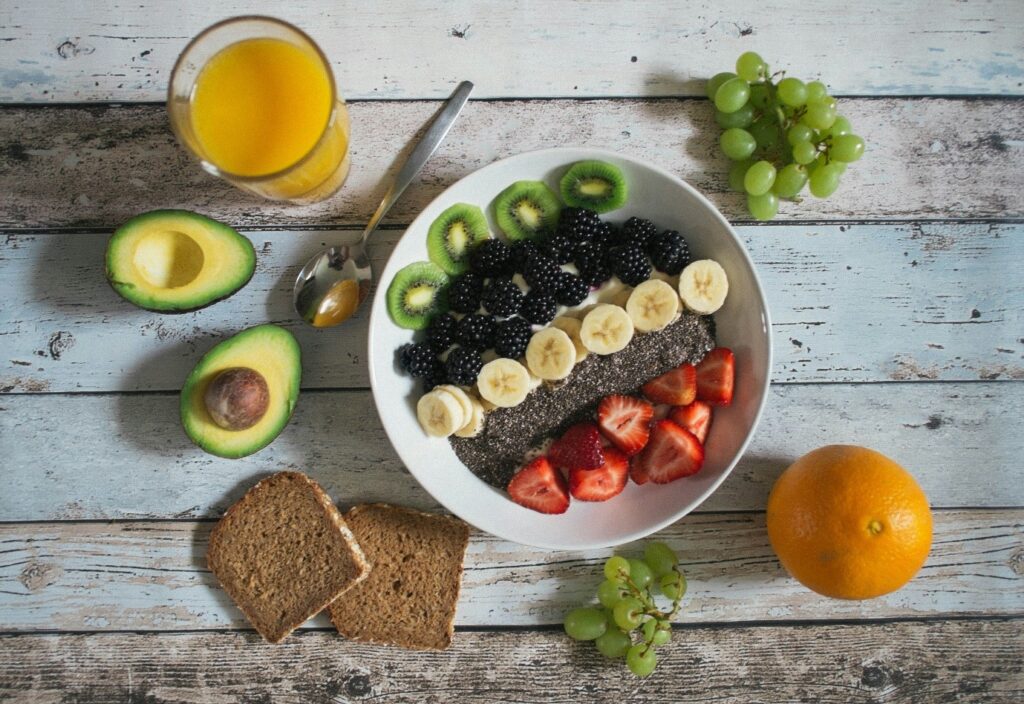
7. Other Foods
Some other foods also contain the essential nutrients for healthy and strong bones.
- Plant milks (oat, almond, soy), fortified cereals, fortified orange juice, tofu, and fortified bread contain calcium and vitamin D.
- Bone broth contains minerals and collagen.
- Egg yolks are rich in vitamin D and protein.
- Fermented soy and cheese contain vitamin K.
- Ginger and turmeric reduce inflammation and support the absorption of bone-supporting nutrients.
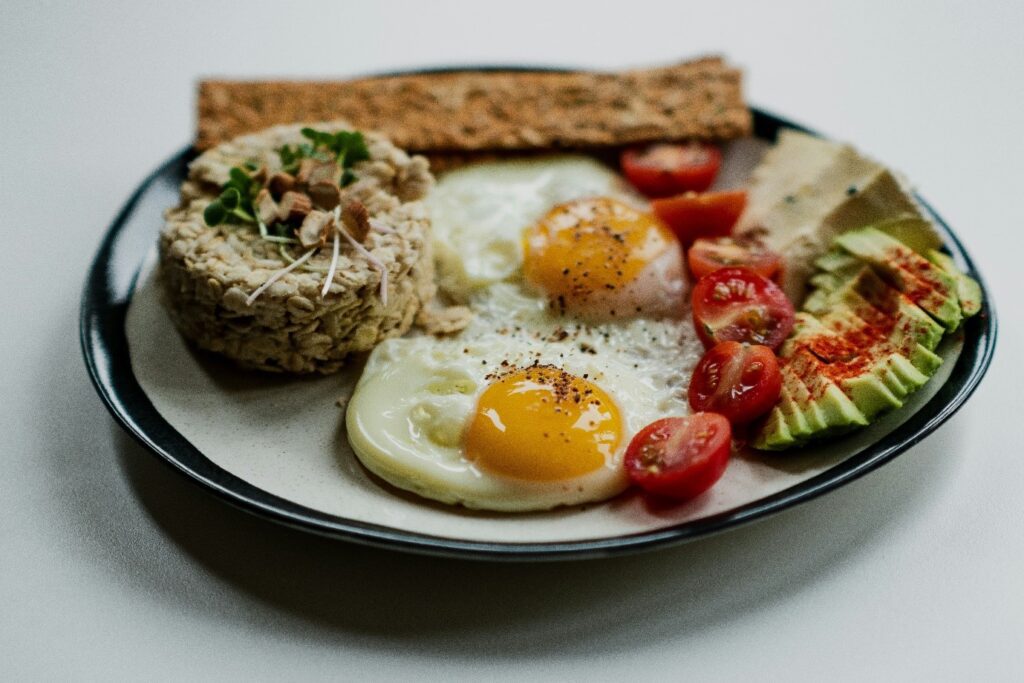
A 7-Day Bone-Friendly Meal Plan
| Day | Breakfast | Lunch | Dinner | Snacks |
| Monday | Porridge + almonds + dried fruits | Lentil + green vegetables + flatbread | Fish curry + mixed greens salad | Fruits + handful of seeds |
| Tuesday | Smoothie: milk + banana + chia seed | Chickpea curry + brown rice + kale | Mixed salad + small fish + egg curry | Dried fruits + nuts |
| Wednesday | Porridge + chopped figs | Brown rice + spinach + mixed bean soup | Broth soup + broccoli + tofu | Yoghurt with honey + walnuts |
| Thursday | Omelette with mixed vegetables + toast | Vegetable wrap and sardines | Lentils + flatbread + green vegetables | Fruits + seeds |
| Friday | Pancakes/whole grain flour flatbread + Egg/Milk | Salad with green vegetables + seeds + legumes | Meat/fish/tofu + vegetables + soup | Yoghurt + fruits/nuts |
| Saturday | Flatbread + curd + fruit + eggs | Vegetable stir fry & soy-bean + flatbread | Meat with bones + greens | Fruits + nuts |
| Sunday | Yoghurt with fruits + sesame seeds | Grilled fish + green vegetables + whole grain flatbread | Mixed pulses + spinach | Soup/bone broth + fruit |

Some Practical & Helpful Tips
- Use a gentle cooking method to preserve nutrients.
- Watch out for inhibitors (phytates, caffeine, excessive salt and high amounts of oxalates). Use soaking, cooking, and fermentation to reduce inhibitors.
- Include fish and fortified milk 3-4 meals per week in your plan.
- Combine foods for better absorption of essential nutrients. Pair leafy greens or legumes with a source of vitamin C.
- Rotate your types of food.
- Focus on sunlight exposure and physical activity alongside the diet.
- Track how you feel in your daily journal.
Key Takeaways
- Eating a variety of foods is better than eating one superfood. Rotate your varieties the whole week.
- The whole food, having dairy, fermented milk, green leafy vegetables, fish, seeds, nuts, legumes and whole grains, is a complete source of essential nutrients such as calcium, magnesium, and vitamin K, which are necessary for strong and healthy bones.
- Pairing of food is important. Pair your food with Vitamin C and healthy fats so that what you eat is absorbed properly by your bones.
- Choose your daily servings wisely so that your body gets all that it needs to make you strong, healthy, and strong.
- Combining a balanced diet with sunlight exposure and exercise accelerates the benefits.
Conclusion
If you want strong and healthy bones, the secret lies in what you eat daily. The whole natural foods rich in calcium, vitamin D, magnesium, phosphorus, protein, and omega-3 fatty acids help your bones to maintain their density, structure, mineralisation and build their matrix. The green leafy vegetables, fish, legumes, dairy, seeds & nuts, and dried fruits have all that your bones need for their strength and health. So, focus on your diet, create weekly meal plans, and consume these foods wisely to make your bones healthier and more resilient.
Want to know more? Visit healthabulous and read the related articles, such as “Herbal Remedies Exposed: The Hidden Benefits (Risks & Myths) No One Talks About“.
FAQs
1. If I am lactose intolerant and don’t consume dairy products, do I have alternatives?
Yes! You have a variety of other options available. Non-dairy foods also provide minerals and nutrients for bone strength. Legumes, seeds, nuts, leafy green vegetables, fish and fortified plant milks and cereals have a good amount of essential nutrients needed for healthy bones.
2. How much of the fish, greens or nuts consumption is recommended?
According to the guidelines, consume 1-2 times the fish per week, a few handfuls of nuts and seeds per week and several servings of green vegetables every day.
3. Is it really helpful to eat lots of greens daily?
Moderation is the key. Some greens, such as spinach, have oxalates, which bind with the minerals and reduce their absorption. They contribute to the risk of kidney stones in susceptible individuals. So, use a variety of greens, and if you have kidney issues, consult your doctor.
4. Are bone broths and marrow helpful for strengthening the bones?
Bone broths and marrow are good sources of collagen, amino acids, and minerals. You can make them part of a varied pattern. The cooking method also contributes to the extraction of essential minerals.
5. Do I need to take the supplements along with a good diet?
They are helpful in some cases when there is low sun exposure, when there are medical conditions, or dietary restrictions. But whole, balanced food is always a better option because it delivers more than minerals. Always consult your doctor before adding supplements to your routine.
References
- Price CT, Langford JR, Liporace FA. Essential Nutrients for Bone Health and a Review of their Availability in the Average North American Diet. Open Orthop J. 2012;6:143-9. doi: 10.2174/1874325001206010143. Epub 2012 Apr 5. PMID: 22523525; PMCID: PMC3330619.
- Rizzoli R. Dairy products and bone health. Aging Clin Exp Res. 2022 Jan;34(1):9-24. doi: 10.1007/s40520-021-01970-4. Epub 2021 Sep 7. PMID: 34494238; PMCID: PMC8794967.
- Sim M, Lewis JR, Prince RL, Levinger I, Brennan-Speranza TC, Palmer C, Bondonno CP, Bondonno NP, Devine A, Ward NC, Byrnes E, Schultz CJ, Woodman R, Croft K, Hodgson JM, Blekkenhorst LC. The effects of vitamin K-rich green leafy vegetables on bone metabolism: A 4-week randomised controlled trial in middle-aged and older individuals. Bone Rep. 2020 Apr 26;12:100274. doi: 10.1016/j.bonr.2020.100274. PMID: 32455149; PMCID: PMC7235933.
- Farina EK, Kiel DP, Roubenoff R, Schaefer EJ, Cupples LA, Tucker KL. Protective effects of fish intake and interactive effects of long-chain polyunsaturated fatty acid intakes on hip bone mineral density in older adults: the Framingham Osteoporosis Study. Am J Clin Nutr. 2011 May;93(5):1142-51. doi: 10.3945/ajcn.110.005926. Epub 2011 Mar 2. PMID: 21367955; PMCID: PMC3076660.
- Kaimila Y, Olotu OA, Clegg ME, Jackson KG, Lovegrove JA. Pulse and legume consumption is associated with a more optimal nutrient intake and a higher EAT-Lancet index in a representative UK population. Eur J Nutr. 2025 Mar 26;64(3):139. doi: 10.1007/s00394-025-03611-2. PMID: 40133707; PMCID: PMC11937138.
- Zeraattalab-Motlagh S, Ghoreishy SM, Arab A, Mahmoodi S, Hemmati A, Mohammadi H. Fruit and Vegetable Consumption and the Risk of Bone Fracture: A Grading of Recommendations, Assessment, Development, and Evaluations (GRADE)-Assessed Systematic Review and Dose-Response Meta-Analysis. JBMR Plus. 2023 Nov 10;7(12):e10840. doi: 10.1002/jbm4.10840. PMID: 38130771; PMCID: PMC10731112.
- Matar A, Abdelnaem N, Camilleri M. Bone Broth Benefits: How Its Nutrients Fortify Gut Barrier in Health and Disease. Dig Dis Sci. 2025 Jun;70(6):1951-1961. doi: 10.1007/s10620-025-08997-x. Epub 2025 Apr 3. PMID: 40180691.
- Zhou X, Afzal S, Wohlmuth H, Münch G, Leach D, Low M, Li CG. Synergistic Anti-Inflammatory Activity of Ginger and Turmeric Extracts in Inhibiting Lipopolysaccharide and Interferon-γ-Induced Proinflammatory Mediators. Molecules. 2022 Jun 16;27(12):3877. doi: 10.3390/molecules27123877. PMID: 35745000; PMCID: PMC9229778.
- Sun H, Weaver CM. Rising phytate and oxalate intake, declining calcium intake, and bone health in United States adults: 1999-2023, a serial cross-sectional analysis. Am J Clin Nutr. 2025 Jul;122(1):315-323. doi: 10.1016/j.ajcnut.2025.05.018. Epub 2025 May 21. PMID: 40409467.

